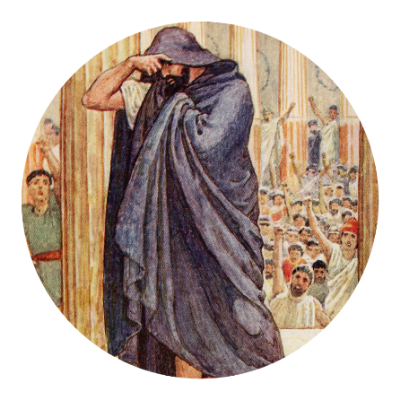Note: I do not endorse Spenglerite historiography.
Honestly its bizzare that the original phrase gets said so often. There aren’t really that many scenarios in history where “hard times” didn’t just lead to corrupt people making times harder.
Fascist rhetoric doesn’t spread through reasoned consideration.
Excellent point
War is manly and good! Except also bad which is why men and soldiers must be revered and maintain a hold on all positions of power.
I never really understood:
In 1865, Argentina was already one of the top 25 nations by per capita income. By 1908, it had surpassed Denmark, Canada and the Netherlands to reach 7th place—behind Switzerland, New Zealand, Australia, the United States, the United Kingdom and Belgium. Argentina’s per capita income was 70% higher than Italy’s, 90% higher than Spain’s, 180% higher than Japan’s and 400% higher than Brazil’s.[65]
From the history section of that page:
In 1930, Yrigoyen was ousted from power by the military led by José Félix Uriburu. Although Argentina remained among the fifteen richest countries until mid-century, this coup d’état marks the start of the steady economic and social decline that pushed the country back into underdevelopment.
It’s a shame. Luckily that sort of thing could never happen here in the US. /s
The US got so good at ruining other countries that we ruined our own. The birds always come home to roost

Yes, I, too, enjoy a nice Vicky 3 South American playthrough.
Ooh, I should do that game sometime, I must have spent a couple years of my life playing Civ and Total War: Empire.
It’s got a very steep learning curve even compared to 4x games
Yeah… the thing about steep learning curves is: I might as well be reading quantitative/modeling & simulation approaches to history at that point. Because eventually that could turn into contributing back to the field.
Hard times
(Happiest days of my life)
Hard times gone by





